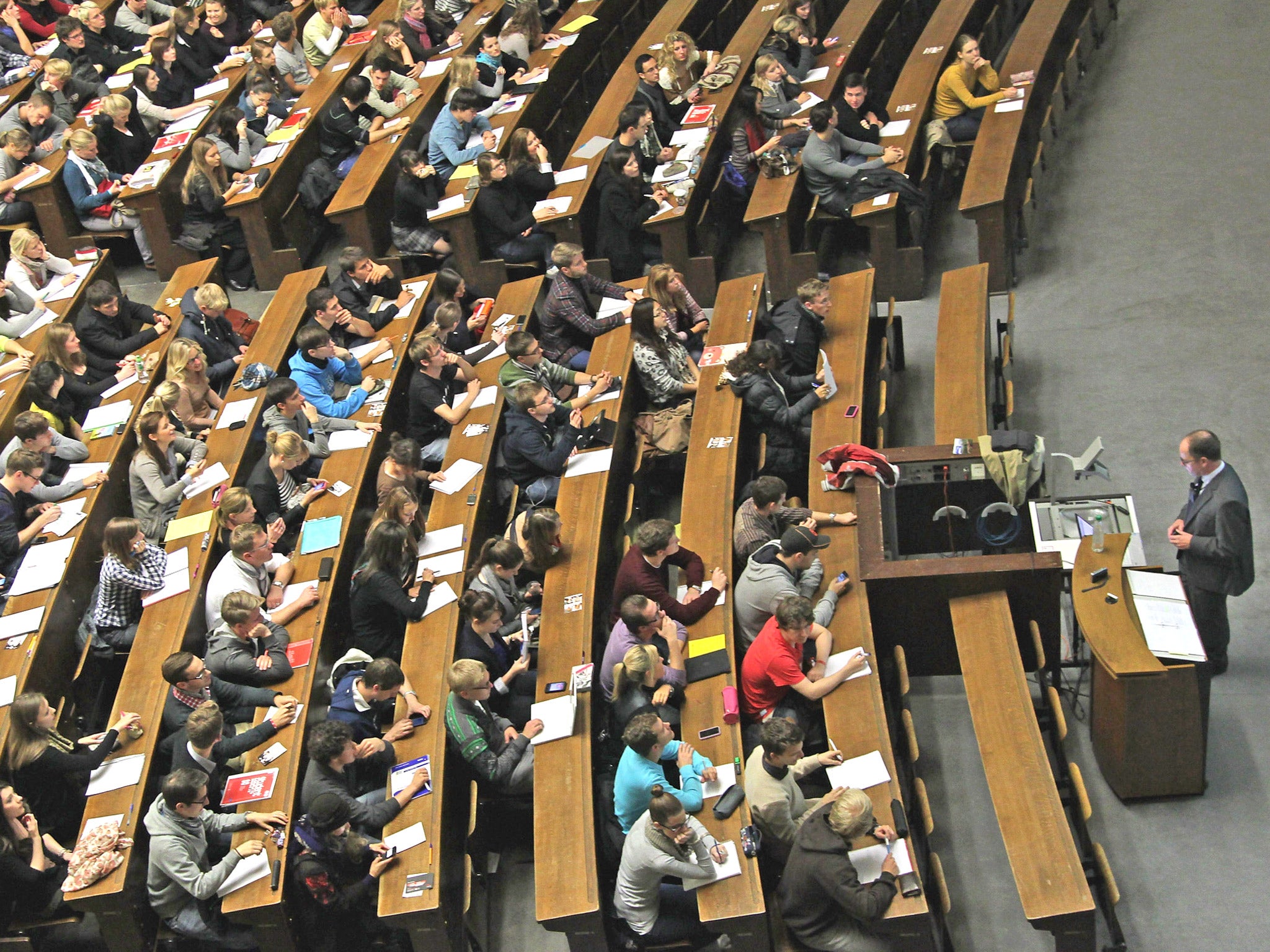Minorities ‘less likely to get university place’

Your support helps us to tell the story
From reproductive rights to climate change to Big Tech, The Independent is on the ground when the story is developing. Whether it's investigating the financials of Elon Musk's pro-Trump PAC or producing our latest documentary, 'The A Word', which shines a light on the American women fighting for reproductive rights, we know how important it is to parse out the facts from the messaging.
At such a critical moment in US history, we need reporters on the ground. Your donation allows us to keep sending journalists to speak to both sides of the story.
The Independent is trusted by Americans across the entire political spectrum. And unlike many other quality news outlets, we choose not to lock Americans out of our reporting and analysis with paywalls. We believe quality journalism should be available to everyone, paid for by those who can afford it.
Your support makes all the difference.Black and ethnic minority students face discrimination in seeking a university place, according to a study published today.
The study, by academics at the London School of Economics, showed that applicants from most black and ethnic minority backgrounds were less likely to receive offers from universities than their white British peers.
Around 71 per cent of applications from white British students to the most elite universities resulted in an offer compared with just 49 per cent of Bangladeshi and 52 per cent of Pakistani students.
The study goes on to say that applications from poorer students, men and young people from comprehensive schools were also less likely to receive an offer.
Dr Michael Shiner, an associate professor at the LSE’s department of social policy, said: “We know that students from black and minority ethnic groups go to university in good numbers but our analysis raises concerns about the fairness of the admissions system.
“Even when we take account of A-level grades, candidates’ chances of receiving an offer vary according to their ethnicity, the type of school they attend and their family background. For some candidates these factors combine to create quite marked differences.”
The study analysed university applications from some 50,000 individuals in 2008.
Join our commenting forum
Join thought-provoking conversations, follow other Independent readers and see their replies
Comments